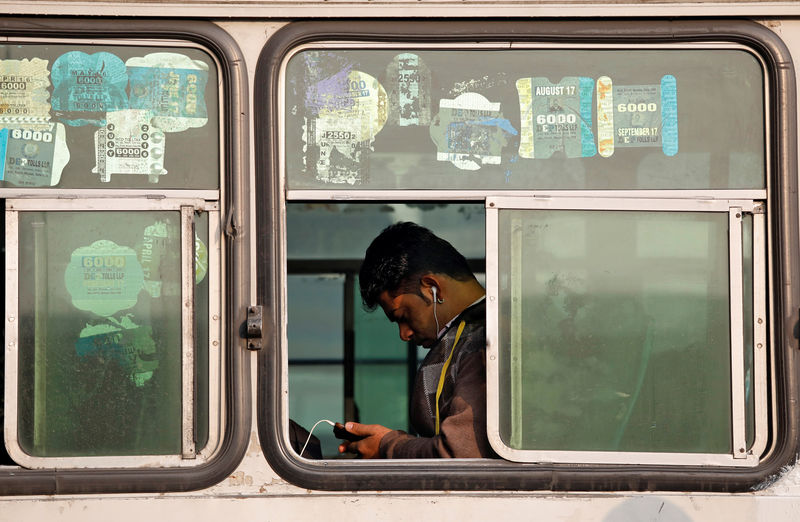(Bloomberg) -- India’s top court will deliver a landmark verdict Saturday on a centuries-old religious dispute that remains at the heart of the South Asian nation’s most politically divisive row.
At stake is control over 2.77 acres -- the size of two football fields -- in the northern town of Ayodhya, where the razing of a 16th-century mosque by a Hindu mob in 1992 sparked riots that killed 2,000 people, mostly Muslims. The event laid the groundwork for the formation of the country’s Hindu-nationalist government six years later.
The verdict will test secular India’s ability to deal with the sensitive case at a time when Hindu hardliners are feeling increasingly empowered. The promise to build a grand temple at the Ayodhya site was a key part of Prime Minister Narendra Modi’s Hindu nationalist agenda that risks fueling social divisions in the country, which has a history of religious riots.
A five-judge bench of the Supreme Court headed by Chief Justice Ranjan Gogoi is set to deliver the verdict at 10:30 a.m. local time.
Hindu groups, who believe the disputed site is the birthplace of their god Ram, have been campaigning to build a “grand temple” there. The country’s minority Muslim community is feeling nervous.
“We have left everything to the Supreme Court and the government,” said Iqbal Ansari, a plaintiff in the case whose father was a custodian of the destroyed mosque. “Whatever the court decides, we will abide by that,” Ansari said, noting it was the government’s responsibility to manage the situation after the decision.
Police Deployed
It’s a significant verdict for Modi and his ability to deliver for his base, said Akhil Bery, South Asia analyst at risk consultancy Eurasia Group. “It could be a test of India’s ability to clamp down on violence and not allow this to spiral out of control. It would reflect negatively on Modi if empowered citizens used this as an excuse to enact violent measures.”
Federal and local governments deployed more police in Ayodhya, which is in the state of Uttar Pradesh.
The top court on Oct. 16 concluded hearing 40 days of arguments on a series of appeals against the 2010 High Court verdict that gave the Sunni Waqf Board one-third of the land and split up the rest between two Hindu groups -- Nirmohi Akhara, a group of Hindu ascetics and Ram Lalla Virajman, the presiding infant deity. The Supreme Court’s earlier attempt for an out-of-court settlement through mediation failed.
Muslim organizations claim the land based on the existence of the mosque since 1528. Hindu groups argue the Babri Masjid was built on the site of an earlier temple. Some legal claims date back to 1950, shortly after idols of Hindu deities appeared inside the mosque.
Deadly Riots
Over the next four decades both sides went to court over the control of the site and the right to offer prayers there. The dispute reached its peak on Dec. 6, 1992, when Hindu mobs climbed the mosque and razed the domes to the ground with pickaxes, hammers and iron rods, provoking deadly riots.
The Bharatiya Janata Party used the temple issue to gain support among Hindus, increasing its vote share from two members of parliament in 1984 to winning 120 seats at the 1991 election and leading a coalition government in 1998. Hindus account for 79.8% of the country’s 1.3 billion population, while Muslims make up 14.2%.
Since his first term in 2014, Modi has been focusing on transforming the nation into a destination that’s attractive to global investors and unabashedly Hindu. Now a $2.7 trillion economy, cumulative foreign direct investments between in the two decades to March 2019 stood at $609 billion from about $325 million in 1991.
“The markets are totally indifferent to the verdict,” Ajay Bodke, the chief executive officer of portfolio management services at Prabhudas Lilladher Pvt. “Markets would be more concerned about the impact of the recently announced measures by the government to rev up India’s slowing economic engine as well as resolution of key global headwinds like the U.S.-China trade dispute.”
